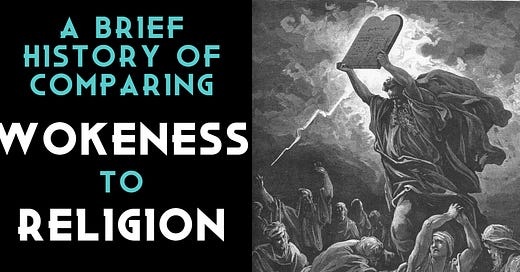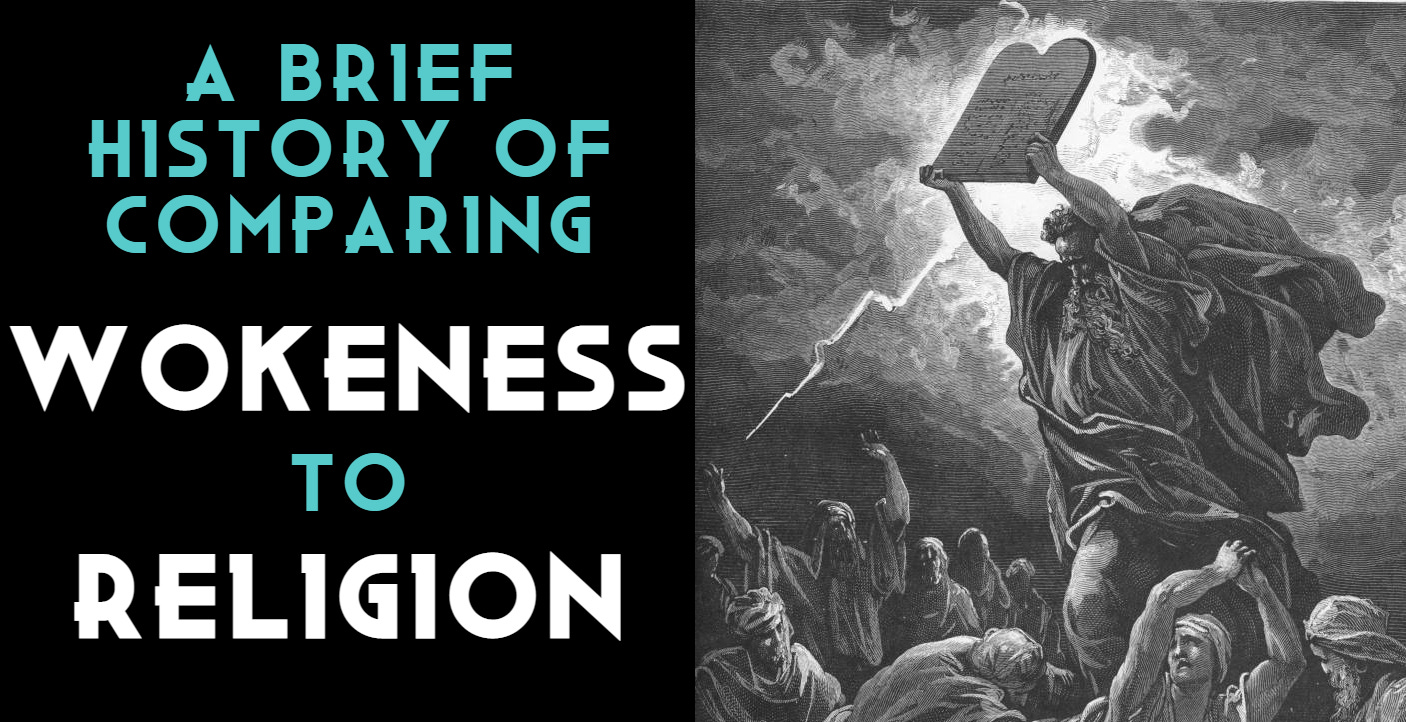A brief history of comparing wokeness to a religion
An idea that the right rediscovers every five minutes - without thanking its author.
I’ve been asked to explain why online leftists, over the past year or so, have taken to cryptically pointing out that “wokeness is like a religion.” The short answer is that we have been mocking the tidal wave of right-wing pundits who, for whatever reason, have decided to steal this insight from its original author without attribution. The long answer …
Keep reading with a 7-day free trial
Subscribe to Carl Beijer to keep reading this post and get 7 days of free access to the full post archives.





